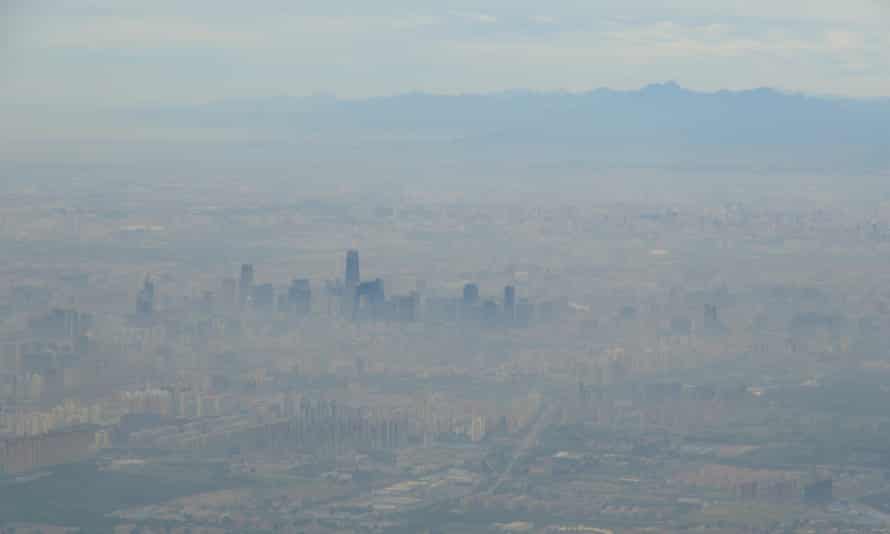Climate experts fear Aukus will dash hopes of China emissions deal
Timing of defence deal, ahead of Cop26 summit where China will be key player, dismays campaigners

The timing of the new defence deal between the US, UK and Australia has dismayed climate experts, who fear it could have a negative effect on hopes of a deal with China on greenhouse gas emissions ahead of vital UN climate talks.
The Aukus trilateral security partnership has been interpreted as seeking to counterbalance Chinese power in the Asia-Pacific region, and has been likened to a new cold war by China. A Chinese foreign ministry spokesperson warned the three countries to “respect regional people’s aspiration and do more that is conducive to regional peace and stability and development – otherwise they will only end up hurting their own interests”.
China, the world’s biggest carbon emitter, will play a pivotal role at the Cop26 UN climate talks to be held in Glasgow in November. Unless it can bring down its emissions sharply in the next decade, the world stands little chance of limiting global heating to 1.5C, a key aspiration of the Paris agreement. John Kerry, the climate envoy to the US president, Joe Biden, and the UK’s president of the Cop26 talks, Alok Sharma, have both visited China in recent weeks.
World leaders including the Chinese president, Xi Jinping, will meet virtually and in New York next week for the UN general assembly. Cop26 negotiators were pinning their hopes on a positive stance from China at the assembly, and the UK prime minister, Boris Johnson, is to co-host a key meeting with the UN secretary general, Antonio Guterres, to which Xi and about 30 other leaders are invited.
Tom Burke, founder of the E3G environmental thinktank, said: “This [Aukus announcement] is bad timing ahead of Cop26, as Glasgow is time-critical and it’s hard to see what was critical about the timing of this announcement. It does not appear to suggest that the prime minister is taking Glasgow very seriously. And it exposes the fact that he has not got much to offer ahead of Glasgow.”
Saleemul Huq, the director of the International Centre for Climate Change and Development in Bangladesh, said the UK and US should not be seeking deals with Australia because its prime minister, Scott Morrison, has refused to take action on emissions. “It’s very bad timing, particularly in indulging Australia, which is a rogue state on the climate,” said Huq. “This is absolutely the wrong thing to do. It flies in the face of what the US and the UK are saying they want to achieve on the climate.”
Keir Starmer, the Labour leader, raised the issue of the impact on Cop26 in the House of Commons. He said: “We must work with them [China] on the defining global issues of the day like climate change and pandemic preparedness. Without diplomatic strategy and skill, those goals will come into conflict. So what plan does the prime minister have to ensure that this new arrangement increases rather than decreases our ability to influence China? With Cop26 around the corner, the UK’s approach to China matters.”
Countries seeking progress at Cop26 should be taking a multilateral approach to the negotiations, said Laurence Tubiana, the chief executive of the European Climate Foundation and a former French diplomat who oversaw the Paris talks. “Ahead of Glasgow, we need clarity and solidarity. The climate crisis will impact every country, regardless of GDP,” she told the Guardian.
“Climate diplomacy relies upon an understanding of the scale of the crisis and the self-interest states have in strong and robust climate action. It is not a question of deals or transactions; it is a common fight. Further success is predicated on a repaired US-China relationship, but also upon a commitment to multilateralism across the board if we are to keep the spirit of the Paris agreement alive.”